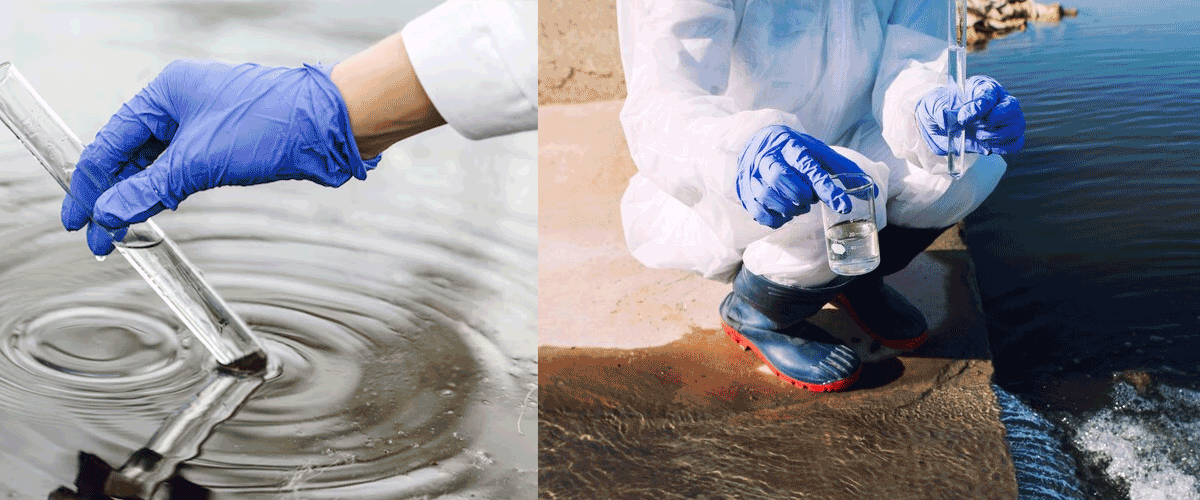(An Autonomous Body Recognized by Ministry of Commerce & Industry, Government of India)
Competency based placement focussed Education | Training | Research | Consultancy

Microplastics detected in Pennsylvania waterways have been accumulating for decades
Scientists at Penn State have uncovered microplastics in Pennsylvania river and lake sediments dating back to the 1950s, highlighting decades of pollution. Analyzing samples from four watersheds, including an urban wildlife refuge and a rural reservoir, researchers found rising microplastic levels, which can carry toxic chemicals and enter the food chain.
Unlike larger plastic waste, microplastics—shed from synthetic fabrics, personal care products, and industrial sources—are nearly impossible to remove from ecosystems. Volunteers at the John Heinz National Wildlife Refuge conduct plastic cleanups, but microplastics persist, affecting fish, birds, and other wildlife.
These particles have also been detected in drinking water, marine life, and human organs. Scientists warn they may contribute to inflammation, cellular damage, and fertility issues, though long-term health effects remain uncertain. As microplastics accumulate globally, their environmental and public health risks continue to grow, prompting urgent calls for stronger pollution controls.
22-03-2025
📰 Recent News
- Warming Seas and Human Pressures Threaten California’s Sea Otters
- Global Seafood Trade Spreads ‘Forever Chemicals’ Beyond Pollution Hotspots
- Former Officials Warn of Unprecedented Rollback at US Environmental Agency
- US Policy Shift Intensifies Bayer’s Roundup Legal Battle
- European Parliament requests EFSA review on microplastics in food, water, and air
- Study Links PFAS-Contaminated Water to Severe Infant Health Risks
- Washington Program Targets Safe Disposal of PFAS Firefighting Foam
- EU Pesticide Review Proposal Sparks Backlash from Environmental Groups
- Nature Sustainability Showcases Safer Bisphenol Design Approach
- Chemical Pollution Linked to Rising Men’s Health Risks in Europe, Report Warns
